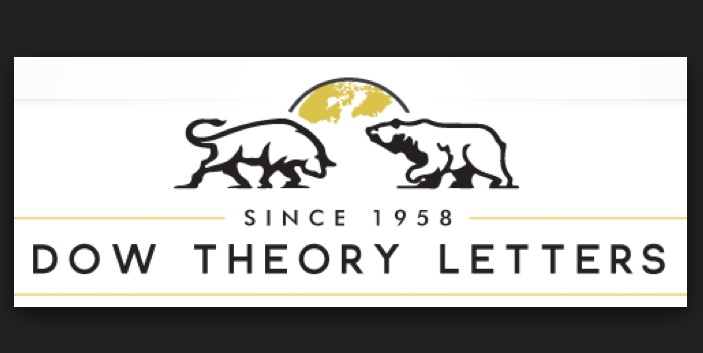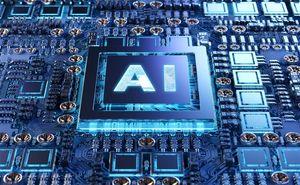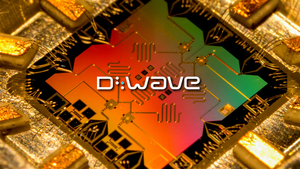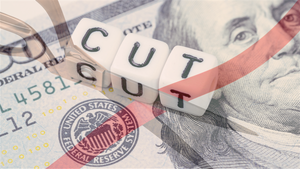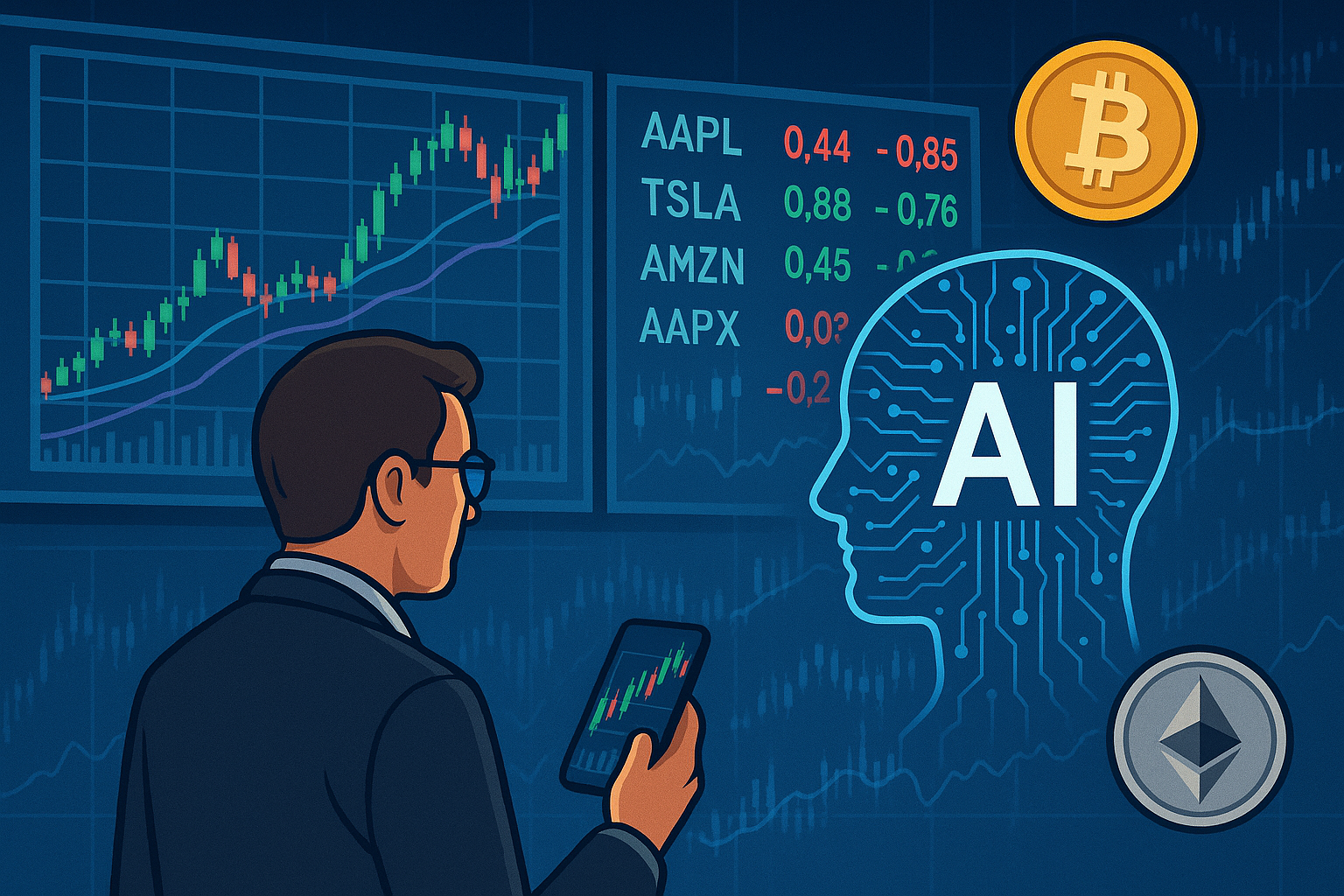
In the past decade, the world of trading has undergone a seismic transformation, fueled largely by advances in artificial intelligence (AI). What was once the exclusive domain of Wall Street professionals and well-funded hedge funds is rapidly becoming democratized, as AI-driven tools enable retail investors to access strategies and insights that were previously unimaginable. This revolution is reshaping both the stock and cryptocurrency markets, introducing new efficiencies, opportunities, and challenges.
The Rise of Algorithmic Trading
Algorithmic trading, often powered by AI, uses computer programs to execute trades at speeds and frequencies impossible for human traders. The New York Stock Exchange and NASDAQ have witnessed a sharp rise in the percentage of trades initiated by algorithms, with estimates suggesting that over 70% of US equity trading volume now occurs via automated systems.
Unlike traditional trading algorithms, which follow preset rules, AI-based systems utilize machine learning to adapt and improve. For example, AI algorithms can analyze vast datasets—from earnings reports and news headlines to social media sentiment and global economic indicators—in real-time. Firms like Renaissance Technologies and Citadel are known for leveraging such technologies, using proprietary AI models to maintain an edge in the market.
Predictive Analytics: From Data to Decisions
One of the most significant ways AI is impacting trading is through predictive analytics. Using techniques such as deep learning and natural language processing (NLP), AI can identify subtle patterns and correlations within historical and real-time data.
For instance, AI models monitor sentiment surrounding companies like Apple (NASDAQ: AAPL), Tesla (NASDAQ: TSLA), and Amazon (NASDAQ: AMZN), parsing thousands of articles and tweets per minute to gauge investor mood. This sentiment data, when combined with traditional indicators, can offer actionable insights, such as anticipating a potential rally or warning of a selloff before it happens.
Furthermore, AI can process alternative data sources—such as satellite imagery of retail parking lots or shipping activity—to make predictions about corporate performance, providing traders with an informational edge.
High-Frequency Trading (HFT) and Market Liquidity
High-frequency trading, a subset of algorithmic trading, is another area where AI has made a profound impact. HFT firms use AI-driven systems to identify fleeting price discrepancies and execute thousands of trades per second. This not only enables them to capture small but consistent profits, but also contributes to market liquidity, ensuring that buyers and sellers can transact more efficiently.
However, HFT and AI-powered trading have also drawn criticism. Flash crashes—rapid, deep market drops followed by swift recoveries—have occasionally been attributed to runaway algorithms. Regulators such as the SEC are keeping a close eye on the growing influence of AI in trading, weighing its benefits against systemic risks.
AI in Crypto Trading: A Frontier Market
The cryptocurrency market, known for its volatility and lack of traditional valuation metrics, has become fertile ground for AI innovation. Unlike stocks, which are influenced by company performance and economic data, cryptocurrencies like Bitcoin (COIN:BTC-USD) and Ethereum (COIN:ETH-USD) are more susceptible to sentiment, social trends, and technical signals.
AI-powered trading bots—such as those offered by platforms like 3Commas and CryptoHopper—enable users to automate strategies, including arbitrage, momentum trading, and even portfolio rebalancing. These bots monitor global exchanges, exploit price differences, and react to news in milliseconds, often outperforming human traders.
Machine learning models can also analyze blockchain data, monitoring wallet activity and transaction flows to detect potential market moves. This provides early warning signals for whale movements (large holders) or unusual activity on decentralized exchanges.
Risk Management and Fraud Detection
AI’s contributions go beyond trade execution and prediction. Risk management is crucial in both stock and crypto markets, and AI excels at real-time monitoring of portfolio risk, detecting unusual trading patterns, and flagging potential fraudulent activity.
Banks and brokers use AI-based systems to comply with regulatory requirements and to protect their clients. For example, an AI can instantly analyze thousands of transactions to spot potential insider trading or market manipulation, alerting compliance teams to investigate further.
Democratization of Trading
Perhaps the most transformative effect of AI is the democratization of sophisticated trading tools. Retail platforms such as Robinhood, E*TRADE, and Coinbase are integrating AI-powered features—like automated trading signals, portfolio optimization, and personalized news feeds—giving everyday investors access to resources once reserved for institutional players.
Robo-advisors, such as Betterment and Wealthfront, harness AI to manage portfolios, balance risk, and even harvest tax losses automatically. This has lowered the barriers to entry for investing, enabling millions of users to participate in the markets with lower fees and greater efficiency.
Ethical and Regulatory Considerations
As AI becomes more deeply embedded in trading, ethical and regulatory issues come to the forefront. Questions about transparency, data privacy, and the potential for algorithmic bias require thoughtful solutions. Regulators are working to ensure a level playing field, promoting innovation while safeguarding the integrity of financial markets.
The Future: Human-AI Collaboration
Despite the power of AI, human expertise remains vital. Successful traders and investment firms increasingly see AI as a partner rather than a replacement. Human intuition and judgment, combined with AI’s ability to process and learn from vast datasets, are proving to be a winning combination.
In the years ahead, the synergy between human and machine is likely to deepen, unlocking new strategies and opportunities across both traditional and emerging markets.
Conclusion
AI is revolutionizing stock and crypto trading at every level—from the largest hedge funds to individual investors trading from their smartphones. As technology continues to evolve, so too will the tools, tactics, and opportunities available to market participants. The result is a more dynamic, accessible, and intelligent financial ecosystem—one that is only just beginning to reveal its full potential.
